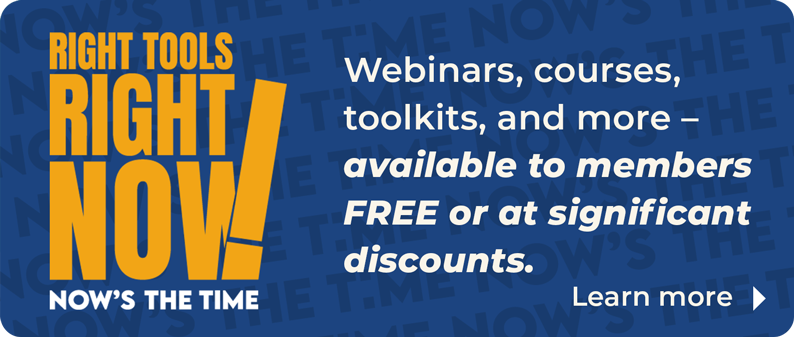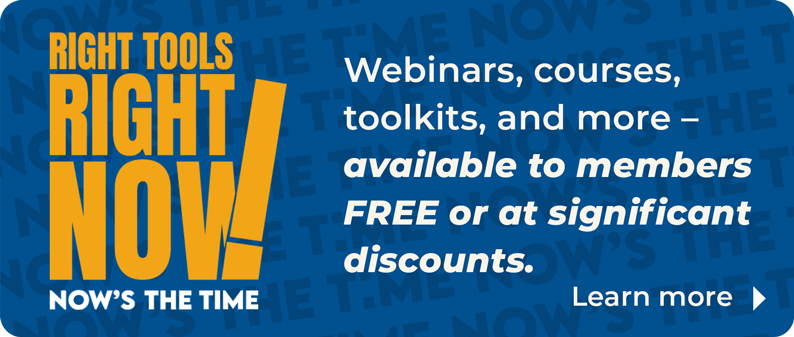Overview
In the real estate industry, we always need to be aware of leveling up our financial situation. In this episode, Rich Arzaga joins Monica to talk about all things financial wellness. Rich shares information about licensing, credentials, and how financial planners get paid, as well as some things to look out for when choosing a financial planner. They also discuss different investment platforms and insurance options. This episode is packed full of great information for any REALTOR®, whether you already have a financial plan or are just getting started.
The title "financial advisor" is a broad term — not everyone you hear about being a financial advisor has the same license or credentials. If you are seeking out a financial planner for your financial situation, make sure you look for someone who is licensed and credentialed. These people are licensed in giving advice or offering different investment options. Rich shares some of the different license numbers, and what goes into being able to earn each license. To find the right financial planner for you, ask the questions about what licenses they have and what that means, as well as what credentials they hold. The CFP® (CERTIFIED FINANCIAL PLANNERTM Practitioner) designation is going to easily set financial planners apart from one another.
Financial planners get paid in a few different ways. When you pay a fee for service, the financial planner is creating a plan for you, but not managing the money or offering insurance products. As you get to a higher level of need, many advisors fall off and you may need to find a different advisor who is certified to handle more advanced planning like taxes, stocks, investment real estate, etc. A more advanced advisor can help to mediate conversations between other professionals that handle specific aspects of financial planning. Beyond financial planning, there is asset management. These advisors get paid either on commission or a fee.
In addition to license and area of expertise, some other things Rich recommends when trying to find the right financial advisor is chemistry — you want to be able to build trust and make a connection with them. If you're paying someone, you want to trust that you can follow the advice they give you, much like a trusted REALTOR®! Another thing to consider is the company; some companies are very formulaic. Because everyone's situation is different, it's hard to put people in a formula that is true to their intentions. If you're able to work with an independent advisor, that will give you a better shot at more individualized planning.
A frustration for REALTORS® can be that some financial planners don't specialize in investment real estate, and aren't sure how to treat directly-held real estate. Rich became a financial advisor because he was passionate about real estate and now teaches financial planners how to help clients with their real estate questions. If you're looking for someone who can help with real estate, look for an advisor who specializes in cash-flow-based planning. Cash-flow-based planners can integrate directly-held real estate to be part of your financial plan.
There are several independent investment opportunities as well. About 17% of the population are self-investors. Rich talks about some of the different platforms available for anyone who wants to dip their toe in the water of investment. Platforms like Robinhood, Schwab, TDAmeritrade, and Fidelity all offer something a little different for whatever level of investment you are at. It's never too early or too late to start investing, and we are fortunate to have many options.
Rich shares some new information around health care that has come about from the American Rescue Act. Regarding life insurance, don't be afraid to explore this, especially if you have people depending on you. Term life insurance will do for most and there is more flexibility in companies, but if you are going to do cash value, do your research to make sure the company is strong.
Some other insurance options are long-term care and disability insurance. As people get older, one of the biggest risks they face in the balance of their financial life is the need for long-term care and the expense that comes with that. Rich shares some calculations based on the trends for long-term care, the overview of the risk for the family. Disability insurance is quite pricey, but the question for every REALTOR® to ask themselves is if you became disabled today, would you be short in your financial plan or would you be okay? As you are shopping for disability insurance, get as long as your plan requires, or you need; if you can't afford that due to cost, give yourself at least two years to be able to get your situation under control.
The NAR's Center for Financial Wellness is a great program and resource for financial literacy for REALTORS®. The nice thing about this resource is that it is industry-specific, not just general financial planning. It's also free!
Tweetables
"You may grow out of your partner that you're with if you're growing your net worth and your situation is more complex. You're going to need someone with a little more depth." — Rich
"Finding somebody that you can trust is really very important, otherwise people who don't have that chemistry maybe don't take that advice." — Rich
"That's how you get the help. Find somebody that's a CFP®, who does financial planning, that uses cash-flow-based technology." — Rich
About Rich Arzaga
Rich Arzaga is a CERTIFIED FINANCIAL PLANNERTM, a CCIM, an Accredited Investment Fiduciary®, an inactive REALTOR®, and the Founder and CEO of Cornerstone Wealth Management. He is also a long-time Adjunct Professor in the UC Berkeley Personal Financial Planning program.
- Visit Rich's website: http://cornerstonewmi.com/
- Visit Rich's LinkedIn page: https://www.linkedin.com/in/richarzaga/
- Email Rich at rich@cornerstonewmi.com
- Watch the video "How Real Estate Financial Planning Became Our Niche"
- Visit Monica's website: FuntentionalLiving.com
- Visit Monica's blog: FranklinTNBlopg.com
- Email Monica
- Training4RE.com
- Center for REALTOR® Development
- rebinstitute.com












